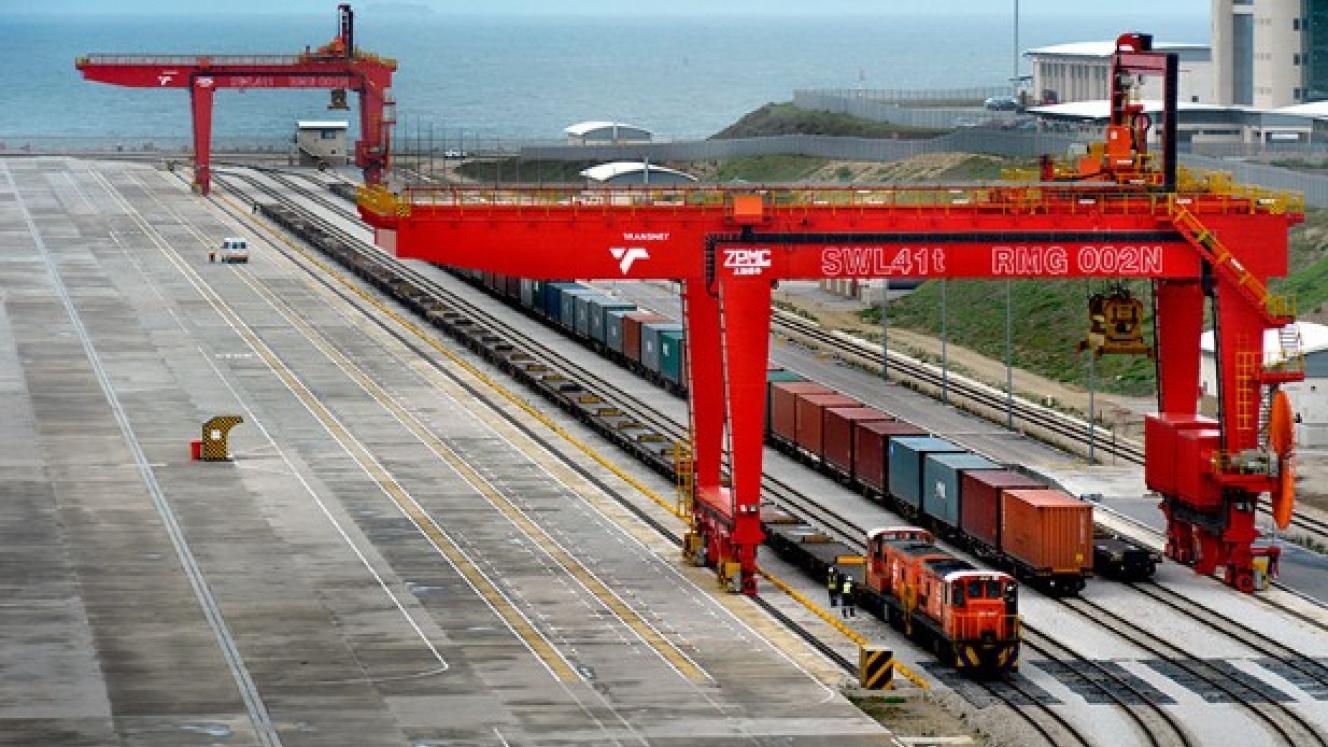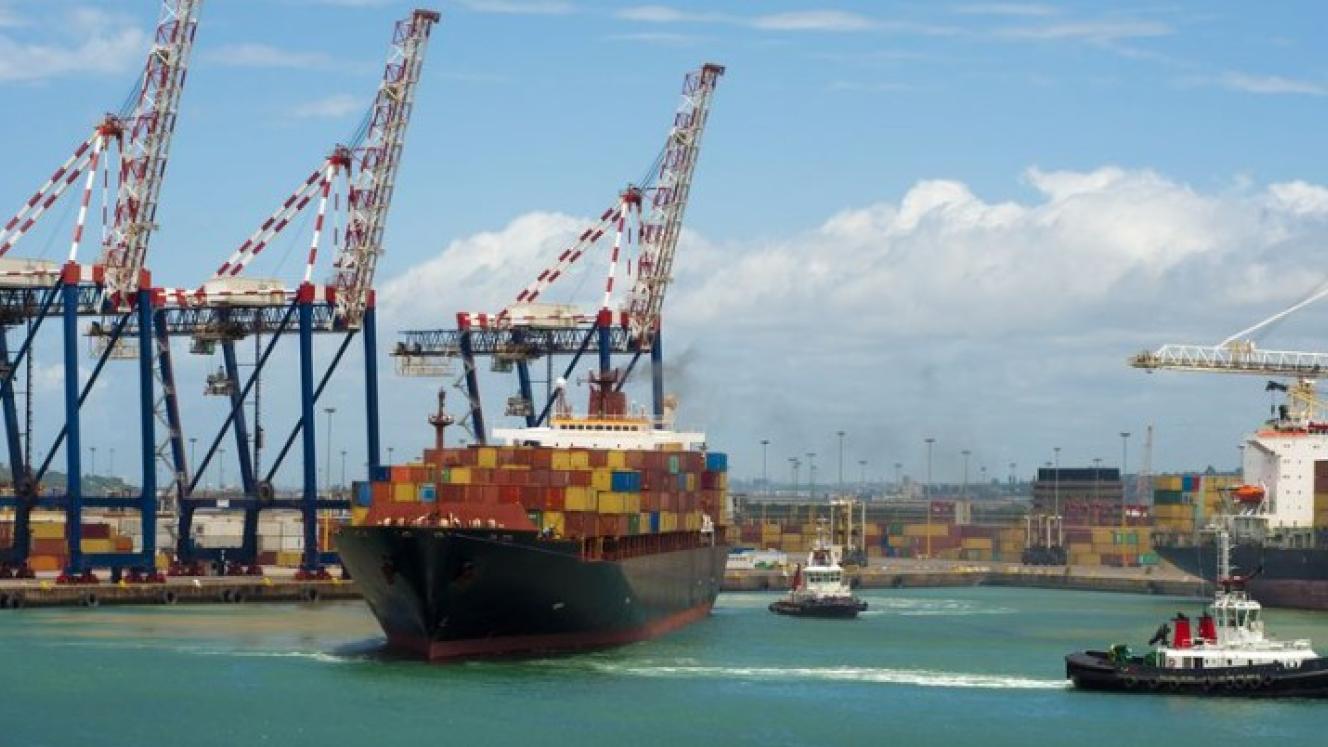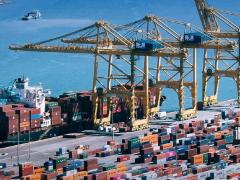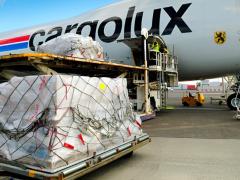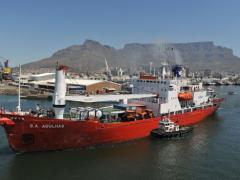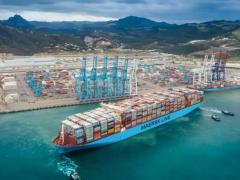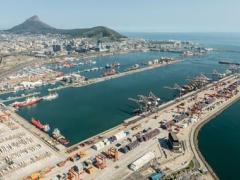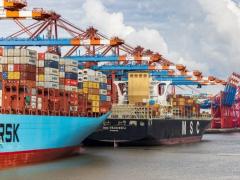There’s an elephant in the room regarding the role of private-sector participation (PSP) in revitalising South Africa’s transport and logistics systems, and its name is “uncertainty” – uncertainty about a few critical freight industry issues, but mostly about Transnet.
Leading an online discussion about the topic, Mark Evans of Oliver Wyman said: “There is no doubt that we’re at a crossroads when it comes to the future of our infrastructure, logistics and Transnet.”
The “change in mindset” was especially evident through the parastatal’s open-slot access initiative for third-party rail freight providers, the partner at the international management consultancy added.
The recent Durban High Court judgement in favour of International Container Terminal Services Inc at the Port of Durban, serves as further proof that the country’s logistics utility is serious about improving its performance through PSP.
But to make sure that private-sector involvement was a success, a lot of grey areas needed to be explored, Evans said, notably the integrity of investments, regulatory frameworks and the safety and security of the physical port and rail freight network.
Jacques Taylor, business strategist and agricultural specialist at Tata Africa, acknowledged the need for more certainty about PSP-related issues, but emphasised that the most important risk mitigator was preventing a return to the shambolic state that characterised Transnet a few years ago.
He said general efficiency was how PSP partners could make the biggest difference –“introducing specialised skills, technologies and bringing in best-practice standards for improved performance”.
Taylor also touched on a point seldom heard when cargo conversations centre around PSP – bureaucratic control of the freight sector.
Private-sector involvement in Transnet’s port and rail network, he said, “can end the historic monopoly of state-owned enterprises that has led to underinvestment and operational failures”.
In turn, private-sector involvement could unlock expanded funding opportunities for the debt-ridden state-owned company, Taylor said.
“We can assist in accessing capital, especially given the inability of government to fund all large projects by themselves.”
He said it was perhaps the most important reason why a PSP model between Transnet and freight service providers was opportunely timed – improved trade through investment.
